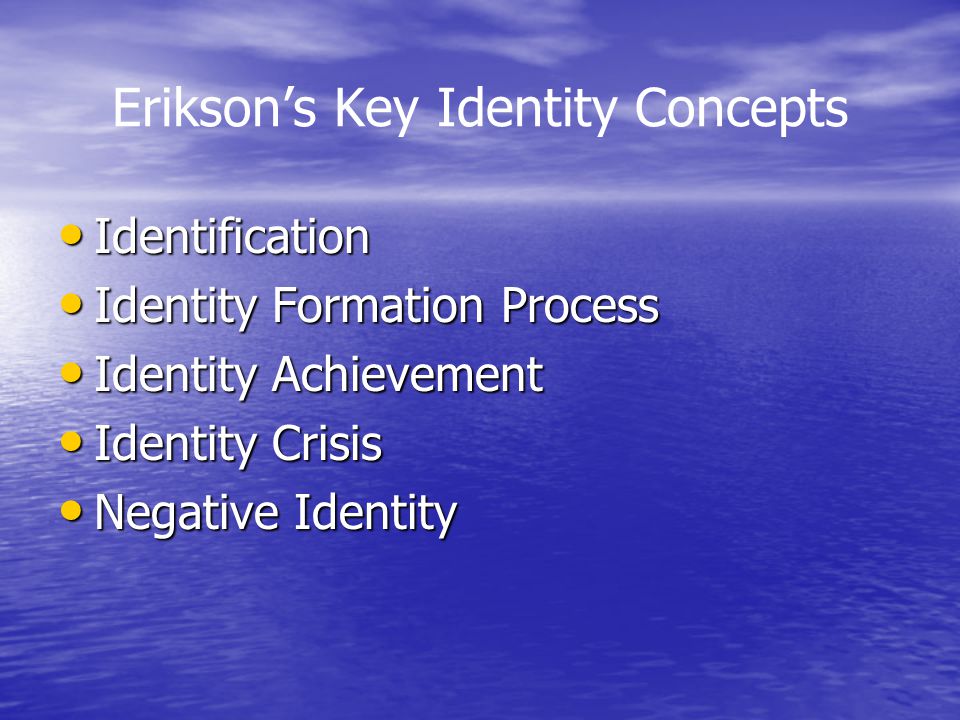Erikson’s Position on Identity Formation and Intimacy
Mar 30, 2023
This essay focuses on Erik Erikson’s position on identity formation and intimacy. Erikson believed that the developmental process of forming an identity and developing intimate relationships was a continuous, lifelong journey. He argued that individuals must go through eight stages in order to develop their identity and form meaningful connections with others.
In each stage of development, an individual is faced with a different conflict between two opposing forces: (1) autonomy versus shame and doubt, (2) initiative versus guilt, (3) industry versus inferiority, (4) identity versus role confusion, (5) intimacy versus isolation, (6) generativity versus stagnation, (7) integrityversus despair, and finally (8) ego-identity achievement versus role diffusion into adulthood.
The crisis in each stage must be resolved to ensure successful progression through the remaining stages of development. Erikson believed that if an individual successfully resolves these conflicts, it is possible for them to develop a strong sense of identity and form meaningful relationships with others. He argued that this process should be seen as an ongoing cycle of self-discovery and exploration throughout life rather than something that is completed at a certain age or point in time.

Erikson’s position on identity formation and intimacy emphasizes the importance of developing a strong sense of self in order to foster relationships with others. By understanding this cycle of development, individuals can gain insight into their own lives and strive for greater self-awareness which will lead to more meaningful connections with others. Therefore, Erikson’s position on this topic is an essential part of understanding how individuals develop and build relationships with one another.
In conclusion, Erikson’s position on identity formation and intimacy is an integral part of understanding how individuals develop and form meaningful relationships with others. By understanding this cycle of development, it is possible for individuals to gain insight into their own lives and strive for greater self-awareness which will lead to more fulfilling connections with those around them. This process should be seen as a lifelong journey of exploration and discovery rather than something that can be completed at a certain age or point in time. Ultimately, Erikson's ideas provide an invaluable perspective on identity and relationship development throughout life.
